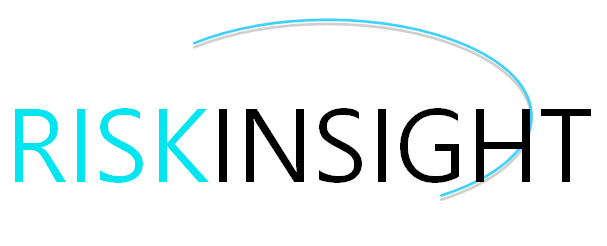Will we start using Alexa-style assistants soon...?
- By florian.glinserer
- •
- 03 Jun, 2018
- •
Are we going to see a “Hey Alexa – what are our most pressing risks today?” type of “Ask the machine” future at some point?
A discussion by Gareth and Chris Corless
In short – yes, although perhaps it will be a different-named tool – hopefully one with a positive-sounding name to help us take risk!
We are already seeing chat bots in place to take care of some basic questions about insurance, as the team at Google has advise (see this article in StrategicRISK).
With the right infrastructure in place, we can use a voice-activated assistant to provide a level of analysis and hopefully deep insights into the performance of risk management. Clearly, it will need architecture to set up. Once it is in place, it could provide us with specific information about the risks that our organisation faces today, in the coming 3-6 months, and how they are currently being managed.
Hopefully when combined with powerful computing that is coming forth, these assistants will be able to handle vast volumes of data and present insights and answers from them. This could lead to faster surfacing of new risks and potential (and actual) issues that need addressing.
It could also provide us with analysis of past solutions to similar problems and let us know which ones were effective. For example,they could provide insights into “what performance risks today are showing signs of issues” and we could follow up by asking it “what is the recommended solution and why”. Our voice-activated digital assistant could perform a quick analysis of a broad data set to provide insights that would be broader than a traditional management team, because as humans there will always be limits to how much data we can digest – and of course we have many, many biases that can prevent us from taking the best course of action.
One thing we need to take into account in the design of such digital assistants is to not build our own biases into their data analysis.
When may such digital assistants become the norm?That’s the $64,000 question…!
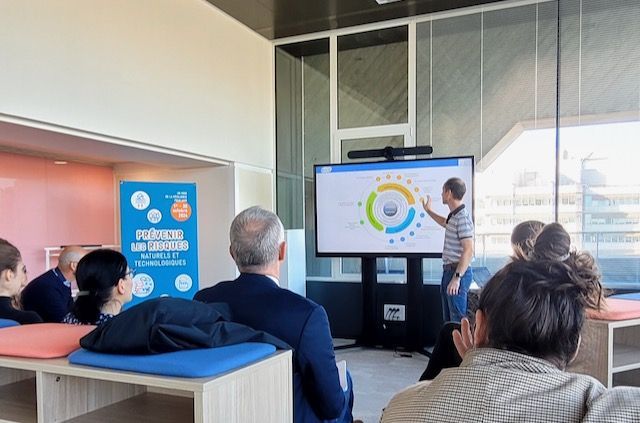
We held very interesting in-person discussions about how my Urban 2.0 framework and system can be used by cities and towns around the world, and also the release of the UNDRR Global Assessment Report, Special Report 2024, which I was delighted to contribute towards.
The municipality of Bordeaux is continuing to pursue some excellent work in urban resilience, which I will be profiling in due course...

Almost half of Small Island Developing States' (SIDS) populations reside in urban areas. Research into urban resilience and urban planning tends to focus on cities in large nations, and only a relatively small amount of specific research on SIDS cities currently exists. However, much of the general urban resilience research is applicable to SIDS, as long as context is considered.
This paper focuses on ways to implement measures that will foster resilient and dynamic cities in SIDS. Ensuring good policy action to build, maintain and continuously improve these cities is key to achieving sustainable development and resilient prosperity as set out in the Outcome Document of the Fourth International Conference for Small Island Developing States (SIDS4).
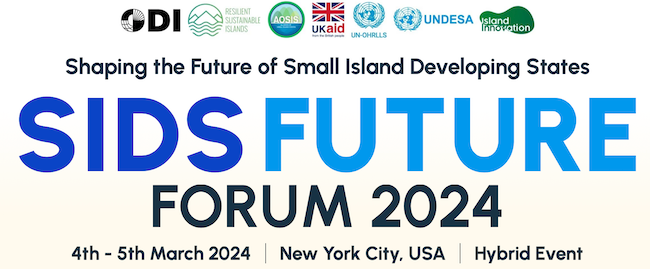
With growing challenges like climate change, debt burdens, and dwindling resources, they desperately need an actionable, doable, and ambitious roadmap for the next decade. 2024 is an important year for SIDS, with the SIDS4 conferencetaking place in May.
You can access details about the Forum on the Island Innovation website, here.
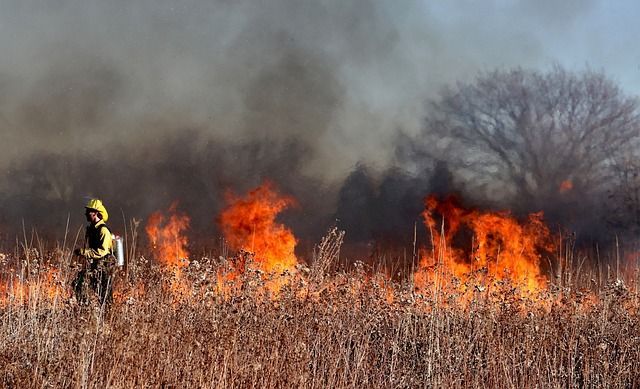
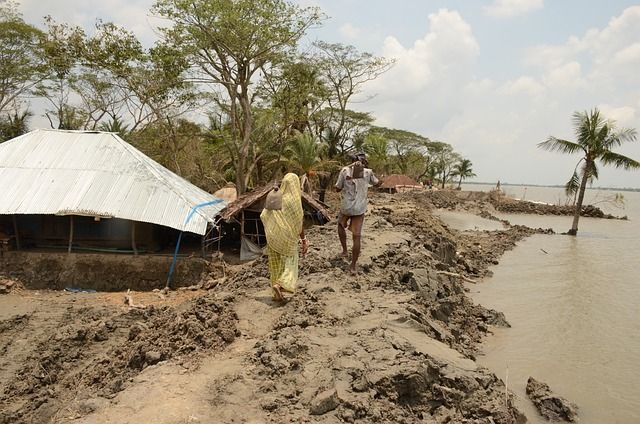
You can read edition #1 here. This first edition is an introduction to our work, containing a summary of some of the work we are undertaking, links to case studies and interviews with people about different aspects of avoiding disasters.

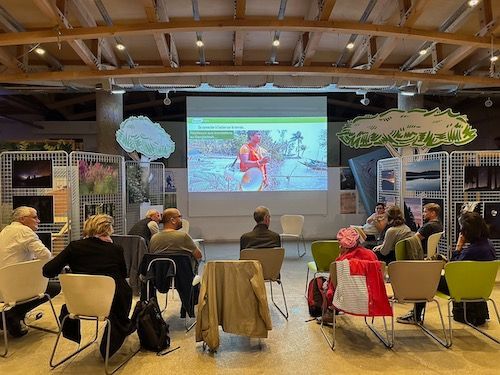
We held a very interesting in-person round table discussion with citizens about how disasters can be avoided.
The municipality of Bordeaux is pursuing some excellent resilience work, which I will be profiling in due course...

We reviewed approaches being taken to prevent hazards from turning into disasters, including examples and how innovation is helping countries, cities and communities prevent adverse fallouts from hazard events.
You can access the webinar and download all presentations here.

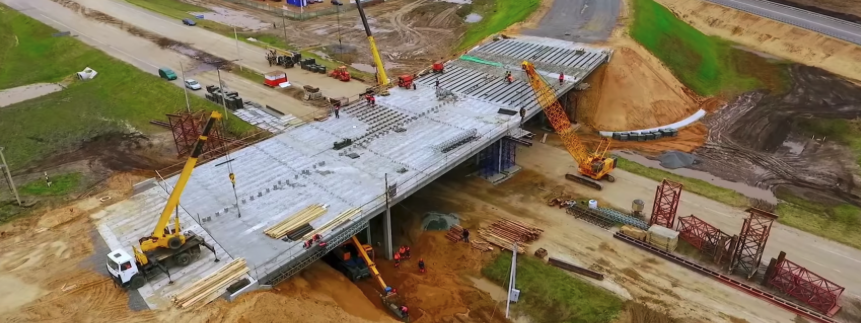
The December 2022 edition, which covers a wide variety of infrastructure-related topics, is available here...
